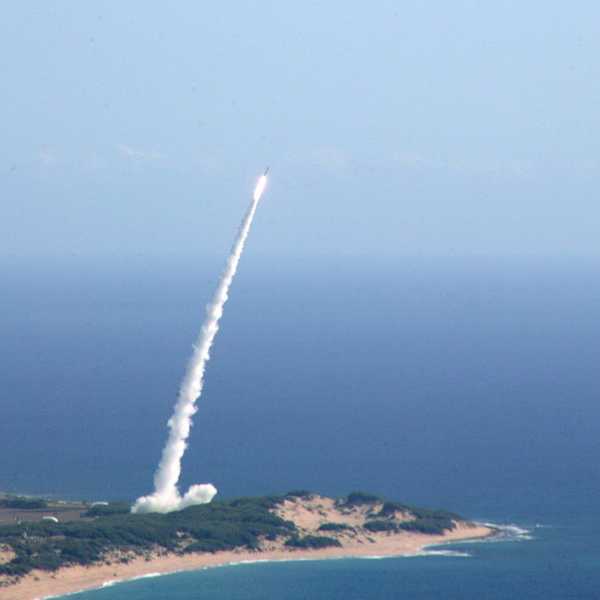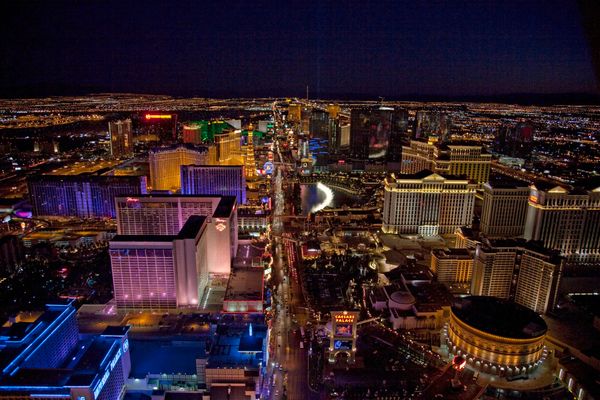In the past decade, China’s economy has experienced a meteoric rise even while most of the globe has experienced slowed growth caused by the financial crisis. In the last few years, however, an aging population has caused their workforce to shrink considerably. Many fear further contractions could hurt the current government which has used strong economic growth as a sign of legitimacy.
China has been trying to increase its growth through infrastructure spending on projects such as the three gorges dam, and plans to spend 500 billion USD on expanding a rail line to connect 80 percent of its cities. During this period China has also focused on projecting strength through economic deals and military buildup, often blending and conflating the two. China has begun projects to connect to the west, through rail lines leading as far as Moscow and eventually even to the UK. It recently helped form the ASEAN bank which is similar the International Monetary Fund and has granted infrastructure loans to African countries to try and ensure access to natural resources. It has also used the ASEAN conferences to flex its power against regional neighbors.
China has increased military spending to build up and modernize its military and navy and invested heavily in a “string of pearls.” The string of pearls is a series of naval facilities along shipping routes around India and the Philippines to protect China's access to vital natural resources further. It has also built up a series of reefs in the South China Sea to create new islands, converting some into military bases such as the Spratly Islands, Mischief Islands, and Fiery Cross Islands. These militarized islands are used to create an island radar array, a satellite communications relay necessary for an early detection of enemies as well as monitoring the movements of planes and vessels. These would be needed to prevent foreign naval dominance, like that used against China in the Opium Wars, or to prevent the US from being able to blockade the Malaccan Straight like it did in 1971 and 1999. It also believed that these islands would be armed with missiles as another piece of China’s anti-access area denial (A2AD) strategy. These type of strategies are traditionally used to defeat larger forces by making the cost of taking any territory greater than an opposing country is willing to accept.
Those islands and the non-militarized islands are used to make claims to economics exclusion zones (EEZ). International law recognizes that any country has sole rights to resources that are within 12 nautical miles of its territory, but the United Nations Convention on the Law of the Sea states that the building up of reefs is not recognized. In 2015 the Philippines won a case against China over economic rights around the Spratly islands. Immediately afterward, China announced it did not acknowledge the outcome and the Philippines still have troops stationed on makeshift outposts, such as the Sierra Madre ship, a decommissioned naval vessel that was beached on a shallow reef and used as an impromptu island base for the last 20 years. This ruling is opposed to the nine-dash line, which China interprets to mean they have rights to almost all of the South China Sea.
In May 2016, the Philippines elected Rodrigo Duterte, a nontraditional strongman politician, to the position of president. Duterte ran on a platform to try and stamp out crime in the Philippines. Since then, he has stated that he would pardon anyone who killed “criminals,” with a heavy emphasis on the drug trade, and even casual drug users and addicts. This policy was brought to larger international attention in the summer of 2016, when Duterte bragged that he would have a “holocaust” in the Philippines. Since Duterte's inauguration, the US-Philippine relationship has continued to be strained due to the United States' involvement in anti-terrorism operations in the region. He has, at times, been critical of the US and once called Obama a “son of a whore” and declared that he would force the United States to abandon its military bases in his country. During this time he has also made several highly publicized meetings in China. Claiming that he had the rights to the South China Sea was not a big issue. Many believe this is just hedging rather than a full commitment to China. Hedging is a common geopolitical practice of trying to be close to both of the dominant powers in a region so that whichever wins they are still on the right side. Even with all the talks, the Philipino military still has Marines stationed on several reefs.
On January 16, 2016, Taiwan elected Tsai Ing-wen to the position of president. She was the first leader to be elected present from the DPP, a party that favors independence rather than the status quo. Tsai was elected after the population had grown upset with the previous administration that had sought closer relations with mainland China. Much of this had caused in-fighting between the KMT and DPP in the legislature. In 2014, the Cross-Straight Service Trade Agreement was introduced. This was a bill designed to increase trade between the two nations. Some members of DPP voiced concerns that this would give mainland China too much control over Taiwan. Shortly after that, a student protest occupied the legislature in what was known as the Sunflower student movement, the first push in a growing sense of national identity. Now over 60 percent of Taiwan's citizens view themselves as Taiwanese and not Chinese.
Tsai Ing-wen has taken her party’s win as a sign that she needs to push for independence. She has been actively trying to get acknowledged by other countries for political gain. Shortly after Donald Trump was elected president he received a congratulatory phone call from Tsai Ing-wen. The call broke with the long-standing tradition of only unofficial communication with Taiwan. It was later revealed that the phone call was not spontaneous, but that it had been coordinated by retired Senator Bob Dole after he received $140,000 from the government of Taiwan to lobby on their behalf via his law firm. Some feared that such actions could set off a fourth Taiwan Straight crisis. Shortly after the phone call with Trump, Chinese nuclear-capable bombers circled the island of Taiwan, and on January 11th sailed its only aircraft carrier through the Straight of Taiwan . Shortly before this phone call, Taiwan had begun building a secret military base on the island of Itou Abba. Traditionally the US responds to these type of activities by conducting freedom of navigation exercises where it sails its aircraft carriers through contested waters.
This all comes when the US and China are in the midst of a battle for undersea dominance. In 2012, then Secretary of Defense Ash Carter announced the US would spend $8 billion to “have the most advanced undersea and antisubmarine force.” A big part of this money focused on submersible drones capable of detecting submarines. This silent fleet would be crucial in monitoring Chinese submarines that have in recent years become more undetectable. These new islands have the added benefit of being in the deeper portion of the South China Sea and are closer to the Pacific Ocean. Chinese Nuclear submarines would have to reach the Pacific Ocean for the US to be within range of their nuclear missiles. The US has actively been monitoring Chinese submarines, and the Chinese have been trying to undermine these efforts. The Chinese did this in 2009 when they cut a sensor array being towed behind a US naval vessel, and in 2012 when they cut seismic cables near Vietnam in 2012. In December 2016, China captured a US drone and returned it. This event was very similar to when China intercepted a US spy plane in May. China has also recently unveiled its Qujing-class antisubmarine carrier, and its Jin-class ballistic submarine to increase its naval defense.
The final article in the series will be on the latest events in Asia.
If you want to read more of my other articles, you can here or follow me on Twitter. Please stop by next week for more articles on news, economics and international affairs only available at Odyssey.





















